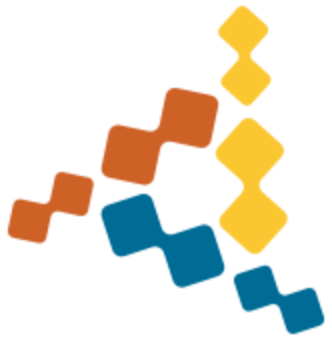pasteurize: Py3 to Py2/3¶
Running pasteurize -w mypy3module.py turns this Python 3 code:
import configparser
import copyreg
class Blah:
pass
print('Hello', end=None)
into this code which runs on both Py2 and Py3:
from __future__ import print_function
from future import standard_library
standard_library.install_hooks()
import configparser
import copyreg
class Blah(object):
pass
print('Hello', end=None)
Notice that both futurize and pasteurize create explicit new-style
classes that inherit from object on both Python versions, and both
refer to stdlib modules (as well as builtins) under their Py3 names.
Note also that the configparser module is a special case; there is a full
backport available on PyPI (https://pypi.org/project/configparser/), so, as
of v0.16.0, python-future no longer provides a configparser package
alias. To use the resulting code on Py2, install the configparser backport
with pip install configparser or by adding it to your requirements.txt
file.
pasteurize also handles the following Python 3 features:
keyword-only arguments
metaclasses (using
with_metaclass())extended tuple unpacking (PEP 3132)
To handle function annotations (PEP 3107), see Function annotations.
